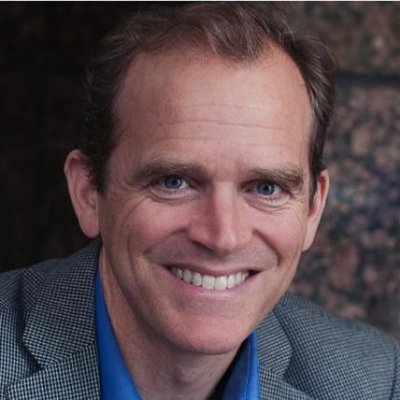The Annual Health Benefits Kabuki Dance Has Created the Greatest Heist in American History
American Workforce Shortchanged $500 Billion Every Year
The data is clear that the middle class is in an economic depression because of looks like a breach of fiduciary duty by their employers. This has created the strangest election in my lifetime -- look no further than 1930s Germany to see the effects of sustained economic duress on a citizenry. Donald Trump and Bernie Sanders represent the primal screams of the American middle class that is at least 95% driven by healthcare's unnecessary and easily avoided hyperinflation.
 Dave Chase
Dave Chase
It's stupefying how companies that will rigorously check whether there's a receipt for a$58 dinner an employee reported, will blindly squander millions unnecessarily on healthcare. At the big picture level, Pwc has pointed out that more than half of healthcare spending adds no value. At a ground level, we see employers spending 55% less on health benefits with a benefits package better than 99% of the workforce.
I will let benefits expert Craig Lack explain the annual kabuki dance involving health plans and employers:
This year’s renewal feels just like last year and three years ago and five and basically the same tactics for a decade. All the tactics heretofore have basically boiled down to three things: shift costs or reduce benefits or limit access to care by offering narrow networks. Employers have been conditioned to believe the best they can hope for is a less bad rate increase. The CFO asks Benefits/HR for a budget increase target and the culture at most organizations is to preserve the status quo. So, the insurance carriers know the game and the benefits brokers know the corporate culture and the Benefits/HR staff–who don’t want change! The renewal comes in at 11-14%. The broker/consultants “negotiate” a 3% increase, then compare to national benchmarks at 7% and the CFO’s budget at 8% and there you have it. Check the box. Healthcare is renewed. See you next year. And that’s what passes as healthcare risk management at far too many organizations...
- Tags:
- American middle class
- benefits
- Benefits/HR staff breach of fiduciary duty
- competitive advantage
- conflict of interest
- Craig Lack
- Dave Chase
- Employers can take advantage of the Health Benefits 2nd Opinion
- Greatest Heist in American History
- health plans
- Health Rosetta Benefits Professional Certification Health Rosetta
- healthcare
- HR staff
- insurance carriers
- kabuki dance
- Moneyball
- narrow networks
- Price Waterhouse Coopers (PWC)
- reduce benefits
- regulators
- Ric Merrifield
- shift costs
- The Big Short
- the middle class is in an economic depression
- Wall Street
- Login to post comments